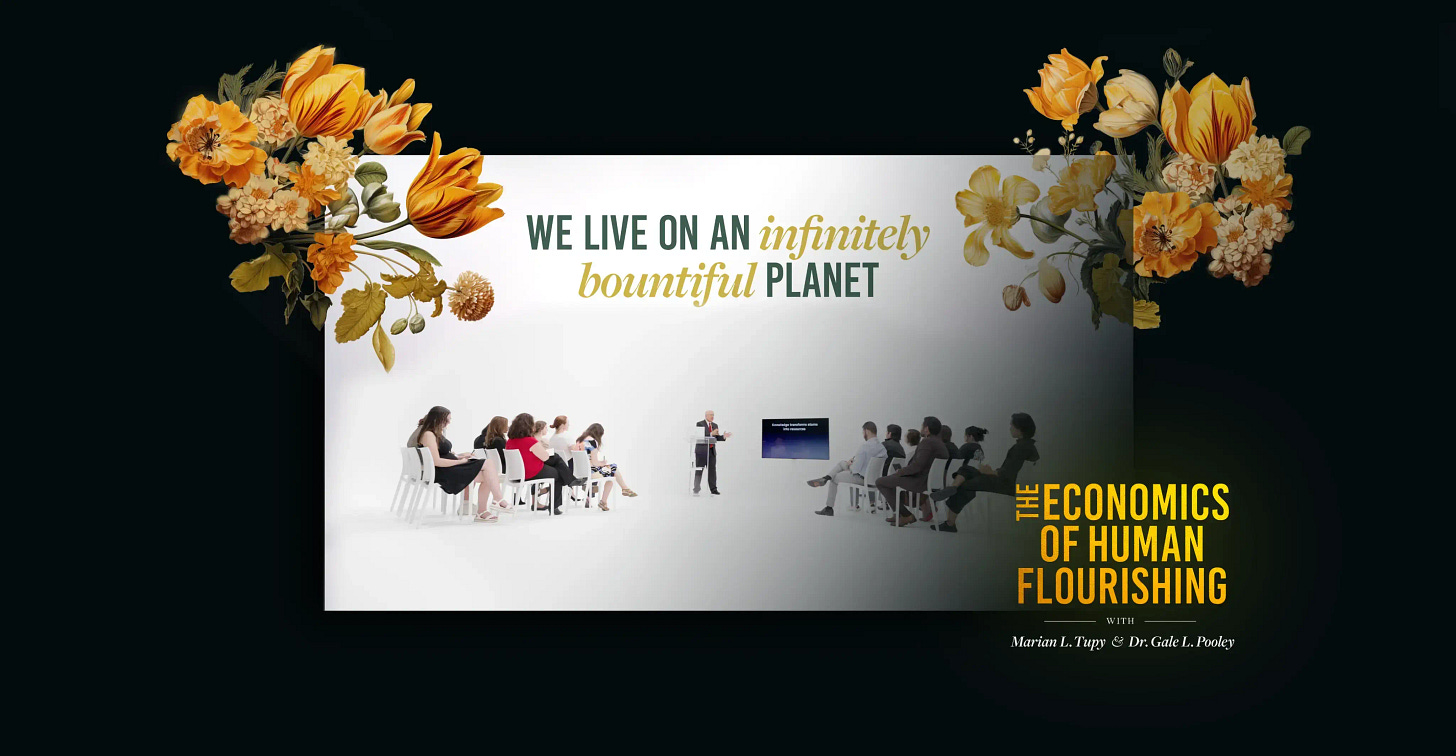How Many Songs Are In A Piano?
Don't fall for the Thanos Error of limited resource thinking.
In the 2018 movie Avengers: Infinity War, Thanos declares, “This universe is finite, its resources finite. If life is left unchecked, life will cease to exist. It needs correcting.” Let me illustrate why Thanos is both right and wrong with a simple two-question quiz.
First question: How many keys are in a piano? If you answered 88 you get an A.
Second question: How many songs are in a piano? According to Thanos, since there are only 88 keys there must be only 88 songs. Thanos gets an F on this question because the correct answer is zero. There are actually no songs in a piano. Songs exist in the minds of individual human beings and that number is infinite.
This illustrates a crucial point: while we live on a planet with a finite number of atoms, these atoms are not resources unless and until human thinking, creativity, and innovation makes them so. We transform atoms into resources when we add knowledge to them. Since there are no limits to undiscovered knowledge, humanity’s resources are effectively infinite. In this analogy the piano keys are atoms and songs the knowledge giving them value. Without the songs, the keys are just objects. The keys of a piano are for songs as the periodic table is for humanity; we combine the elements to create an infinity of resources.
Defining resources as atoms is falling for the Thanos Error. I used to make this error too, until George Gilder taught me that true wealth lies not in atoms, but in knowledge. Julian Simon deepened this insight by highlighting that people are the ultimate resource—our greatest asset—because it’s through human creativity and ingenuity that new knowledge is discovered and shared.
Elon Musk recently emphasized the need for more people, demonstrating his understanding of the principles championed by Gilder and Simon. Thanos sought to conserve resources by eliminating human beings. In reality, it’s human beings—with the freedom to think, create, and innovate—who turn finite atoms into infinite resources.
You can learn more about these economic facts and ideas in our new book, Superabundance, available at Amazon. Jordan Peterson calls it a “profoundly optimistic book.”
Please consider enjoying our new course on the Economics of Human Flourishing at the Peterson Academy.
Gale Pooley is a Senior Fellow at the Discovery Institute and a board member at Human Progress.





